In recent years, the packaging discussion has become a significant part of the fruit and vegetable trade. Retailers are constantly looking for sustainable alternatives and consumers are generally more aware when it comes to selling packaged fresh food. Compostable nets are a packaging solution for many different products: "Our CompoPac nets are virtually a loan from nature, a natural packaging material for all kinds of fruit and vegetables", says Michael Bandel, sales manager of TVU Garnvertrieb LLC, the company behind the CompoPac brand.
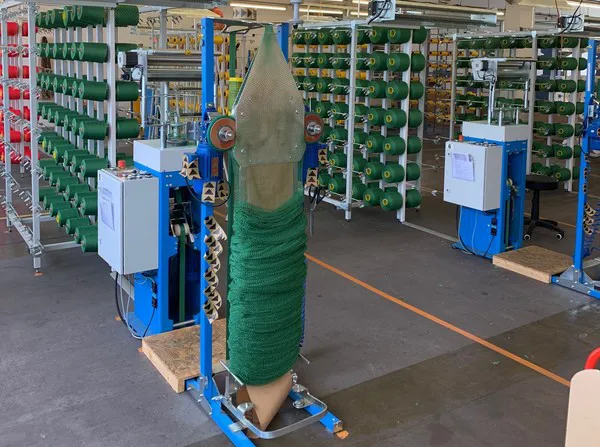
CompoPac is the innovative idea of two Southern German yarn experts: TVU Garnvertrieb LLC in Leutershausen, Franconia, and Weinhold Textil LLC in Callenberg, Saxony. "We have been working together with Weinhold for a long time, which started producing the nets a few years ago. When demand went through the roof in recent years and the company was no longer able to meet the demand, we decided to join the project," says Bandel.
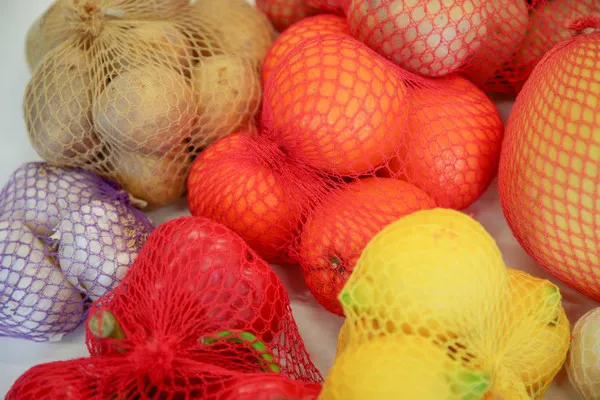
The biodegradable cellulose packaging net is food-safe, sustainable and climate-neutral and can be produced in many colours, patterns and, if desired, in different stretching widths and mesh sizes. "The raw material for the new net comes from beech wood and can be easily composted after use. The packaging net completes the natural cycle in the food trade, because fruit and vegetable waste can be returned to nature together with the net. The textile net also stands for short distances: The raw material beech wood comes from Europe. The nets themselves are manufactured in Germany."
CompoPac 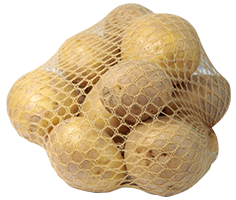 thus combines many of the values of the modern consumer: "More and more end customers want clarity, avoid plastic and want sustainability. In the products themselves, but also in the packaging. CompoPac effortlessly manages the balancing act between functionality and price, but also appearance and sustainability. The mesh is breathable and keeps food fresh longer. This miminises not just packaging waste, but food waste as well."
thus combines many of the values of the modern consumer: "More and more end customers want clarity, avoid plastic and want sustainability. In the products themselves, but also in the packaging. CompoPac effortlessly manages the balancing act between functionality and price, but also appearance and sustainability. The mesh is breathable and keeps food fresh longer. This miminises not just packaging waste, but food waste as well."
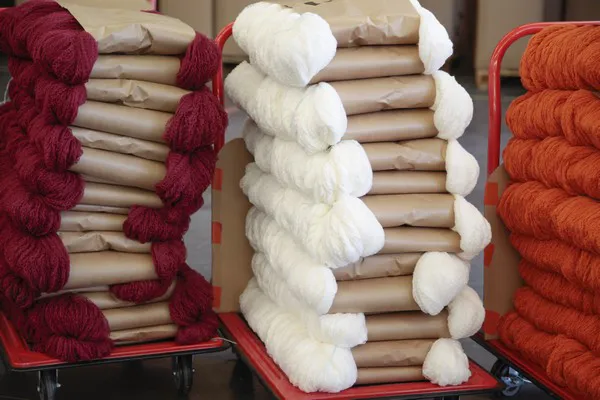
CompoPac is also already finding favour with retailers: "We are already working with an organic supermarket chain, but our nets are also being tested by conventional supermarkets and discounters - with promising results. The desire for sustainability is by no means a marginal phenomenon any more."
For more information:
Michael Bandel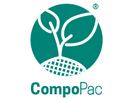
CompoPac
TVU Garnvertrieb GmbH
Tel: +49 (0)9823 955 160
E-Mail: info@compopac.de
Web: https://www.compopac.de
